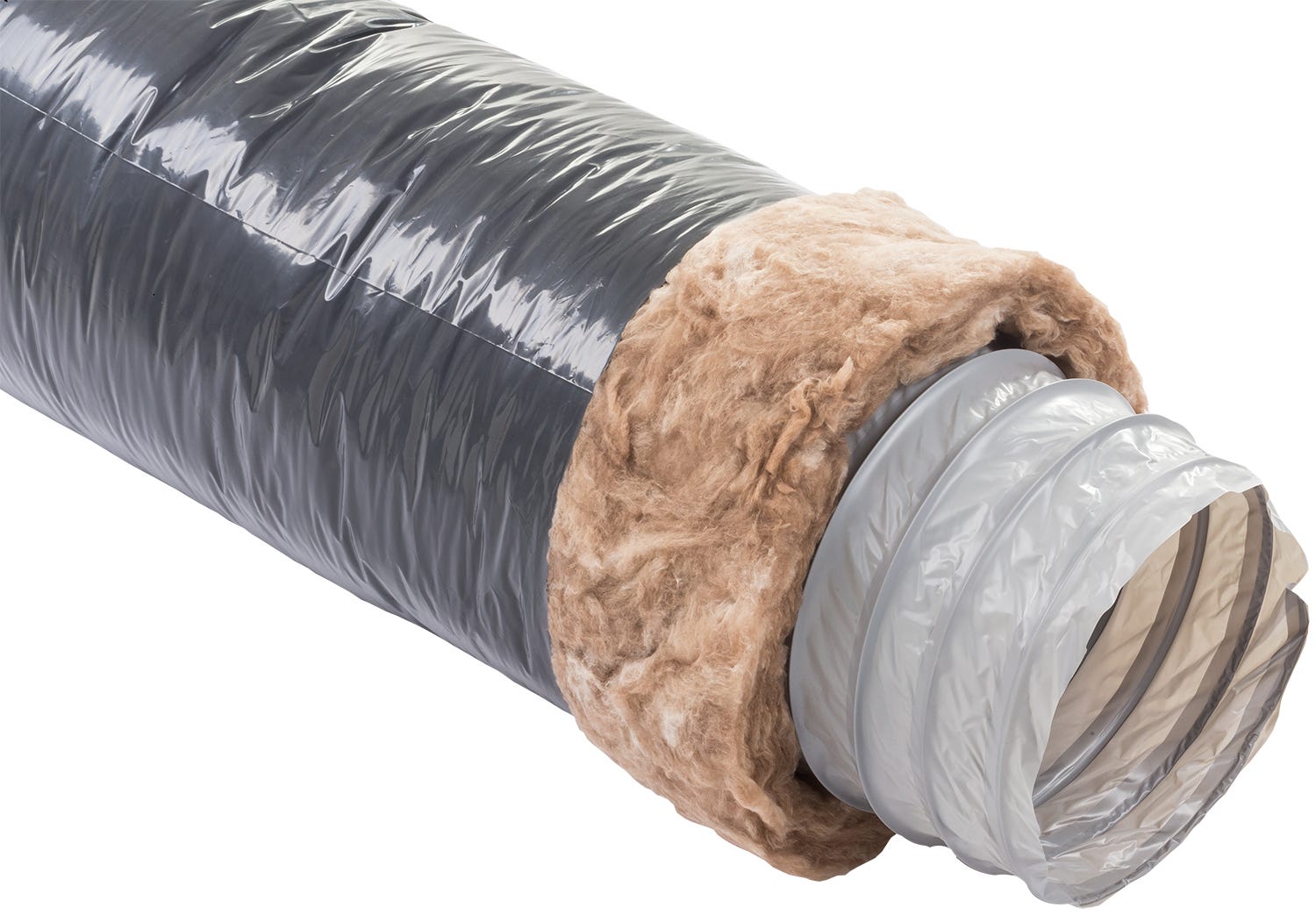
Amazon.com: Clear Vinyl Tubing Flexible PVC Tubing, Hybrid PVC Hose, Lightweight Plastic Tubing, by 1/2 Inch ID, 25-Feet Length : Industrial & Scientific

Tuyau flexible en PVC renforcé transparent tressé pour piscine, spa et jardin d'eau (800 cm) : Amazon.ca: Outils et Bricolage

Tuyau de pompe de cale en poly PlumbShop, blanc, diamètre intérieur de 1,125 po x diamètre extérieur de 1,625 po x 6 pi | Canadian Tire

uxcell Tuyau en vinyle transparent en PVC, 8 mm x 10 mm, tuyau d'eau flexible 1 m : Amazon.ca: Outils et Bricolage



















